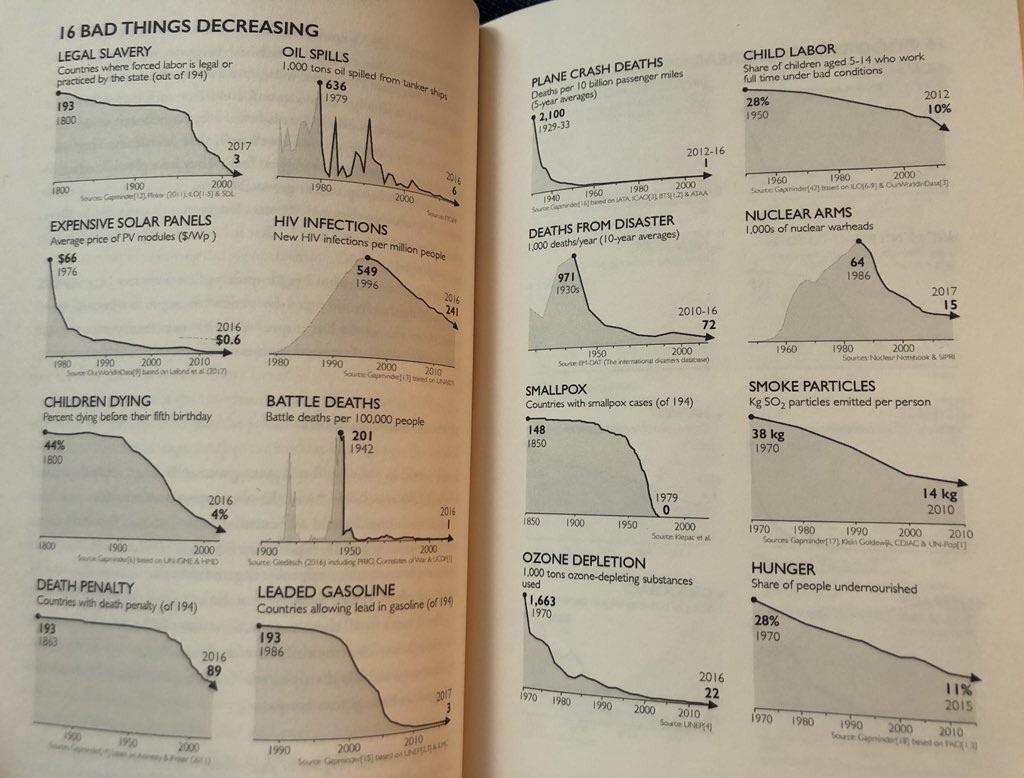Who among us hasn’t wished to be as efficient as a computer? While computers seem to do everything at once, we either flit or plod from task to task, often getting sidetracked or even lost. At this point most have relinquished the dream of true “multitasking,” which turns out to lie not only beyond the reach of humans but, technically speaking, beyond the reach of computers as well. “Done right, computers move so fluidly between their various responsibilities, they give the illusion of doing everything simultaneously,” says the narrator of the animated TED-Ed lesson above. But in reality, even they do one thing at a time; what, then, can we humans learn from how they’re programmed to prioritize and switch between their many tasks?
A computer operating system has an element called a “scheduler,” which “tells the CPU how long to work on each task before switching.” Schedulers work quite well these days, but “even computers get overwhelmed sometimes.” This used to happen to the open-source operating system Linux, which “would rank every single one of its tasks in order of importance, and sometimes spent more time ranking tasks than doing them. The programmers’ counterintuitive solution was to replace this full ranking with a limited number of priority ‘buckets,’ ” replacing a precise priority ordering with a broader low-medium-high kind of grouping. This turned out to be a great improvement: “The system was less precise about what to do next, but more than made up for it by spending more time making progress.”
The lesson for those of us who habitually list and prioritize our tasks is obvious: “All the time you spend prioritizing your work is time you aren’t spending doing it,” and “giving up on doing things in the perfect order may be the key to getting them done.” In the case of e‑mail, bane of many a 21st-century existence, “Insisting on always doing the very most important thing first could lead to a meltdown. Waking up to an inbox three times fuller than normal could take nine times longer to clear.
You’d be better off replying in chronological order, or even at random.” Robert Pirsig memorably articulated this in Zen and the Art of Motorcycle Maintenance, whose main character offers advice to his son frustrated by the task of writing a letter home from their road trip:
I tell him getting stuck is the commonest trouble of all. Usually, I say, your mind gets stuck when you’re trying to do too many things at once. What you have to do is try not to force words to come. That just gets you more stuck. What you have to do now is separate out the things and do them one at a time. You’re trying to think of what to say and what to say first at the same time and that’s too hard. So separate them out. Just make a list of all the things you want to say in any old order. Then later we’ll figure out the right order.
We don’t write many letters home these days, of course, and even e‑mail may no longer pose the direst threat to our time management. More of us blame our lack of productivity on the interruptions of instant messaging in all its forms, from texting to social media, another problem with an equivalent in computing. That a computer can be interrupted by any number of the processes it runs necessitated the development of a procedure called “interrupt coalescing,” according to which, “rather than dealing with things as they come up,” the system “groups these interruptions together based on how long they can afford to wait.” Even if we can’t eliminate interruptions in our lives, we can group them: “If no notification or e‑mail requires a response more urgently than once an hour, say, then that’s exactly how often you should check them — no more.”
This TED-Ed lesson comes adapted from Brian Christian and Tom Griffiths’ book Algorithms to Live By: The Computer Science of Human Decisions. If you’d like to hear about more of the ways in which they apply computers’ methods of decision making to areas of human life — home-buying, gambling, dating — you can also watch their talk at Google. We also have plenty of supplementary time management-related material here in the Open Culture archives, on everything from the neuroscience of procrastination to the daily routines of philosophers, writers and other creative people to tips for reading more books per year to the presidentially-approved “Eisenhower Matrix.” By all means, click on all these links; just don’t overthink the order in which to do it.
Related Content:
The Neuroscience & Psychology of Procrastination, and How to Overcome It
The Daily Routines of Famous Creative People, Presented in an Interactive Infographic
The Daily Habits of Highly Productive Philosophers: Nietzsche, Marx & Immanuel Kant
The Daily Habits of Famous Writers: Franz Kafka, Haruki Murakami, Stephen King & More
7 Tips for Reading More Books in a Year
Based in Seoul, Colin Marshall writes and broadcasts on cities, language, and culture. His projects include the book The Stateless City: a Walk through 21st-Century Los Angeles and the video series The City in Cinema. Follow him on Twitter at @colinmarshall, on Facebook, or on Instagram.



